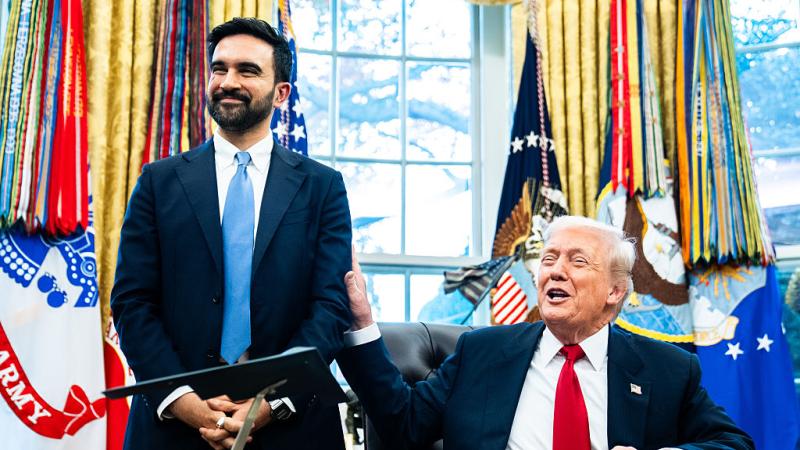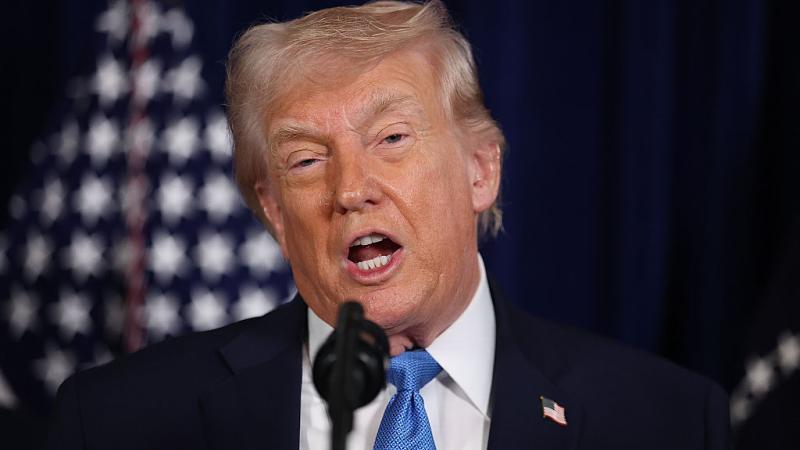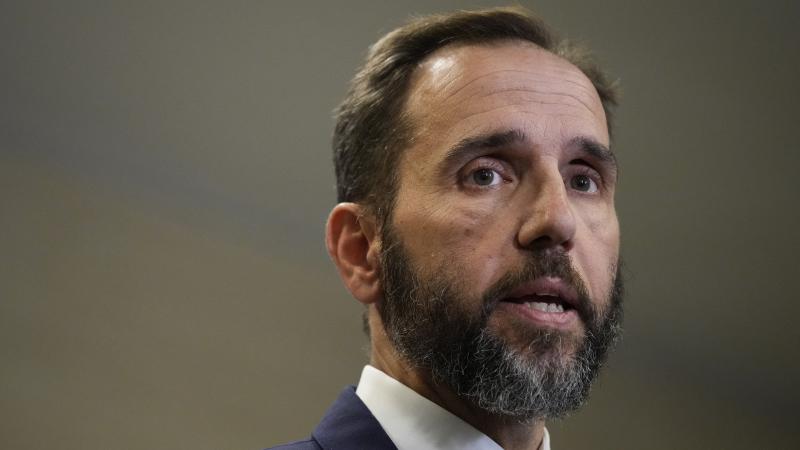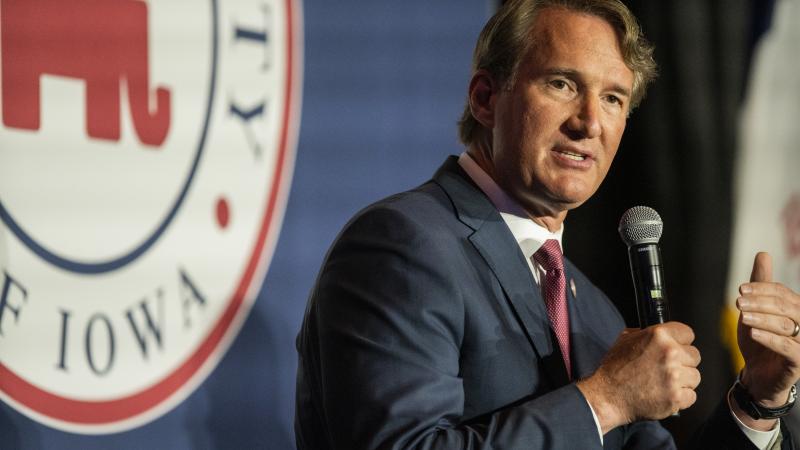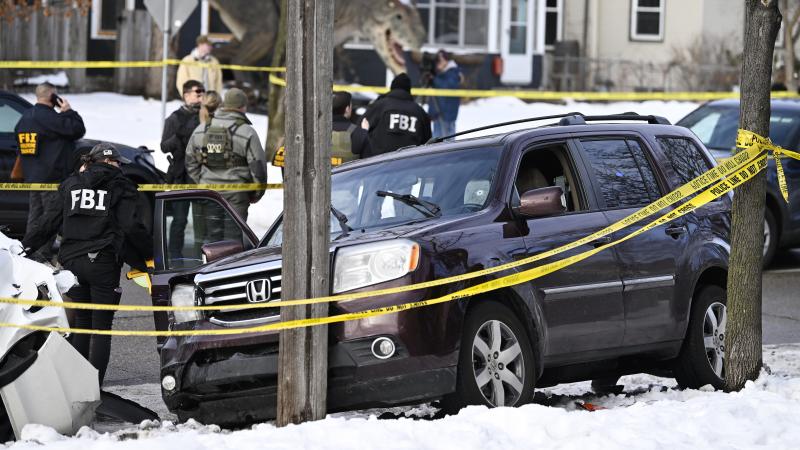Indiana General Assembly poised to pass constitutional carry legislation
The bill would allow anyone age 18 and older in Indiana to carry a loaded handgun outside their home without having to get a state license.
The constitutional carry bill that has been hotly debated this year in Indiana is expected to pass the Indiana General Assembly this week.
“What we’re hearing is it’s going to happen [Tuesday],” Will Fite of Hoosier Gun Rights said. “There’s a large section of the Senate caucus that wants to get it done.”
The bill would allow anyone age 18 and older in Indiana to carry a loaded handgun outside their home without having to get a license from the state; anyone who is not otherwise prohibited from owning a gun.
The bill would include open and concealed carry, as Indiana law does not distinguish between the two, and would allow someone to carry a loaded handgun on their person – such as in a holster, pocket or bag, except where prohibited – or in their vehicle.
Twenty-two states have constitutional carry, so called because, as supporters describe it, it would restore the right of Americans to bear arms – a right that is outlined in the Second Amendment to the U.S. Constitution.
A constitutional carry bill passed the Indiana House last year for the first time, but it was held up in the Senate after Judiciary Committee Chair Liz Brown, R-Fort Wayne, declined to schedule a hearing on it.
The bill passed the House again this year and appeared to get hung up again in the Senate.
After a nine-hour hearing Feb. 23 before the Senate Judiciary Committee, it was amended to require a license to carry a handgun in Indiana but allow people to carry for up to 90 days while their application for a license was pending.
Those changes were not approved by the full Senate.
“That was not the will of the caucus,” said Fite, referring to the amendment to the bill to keep the license requirement. “What we’re being told is the will of the caucus was defied.”
The Republican caucus includes the 39 Republican senators who meet privately and decide which policies and bill they will support each session.
The constitutional carry language was instead pulled into another bill and discussed by legislators in recent days in a conference committee.
Gov. Eric Holcomb told reporters last week he supported the superintendent of Indiana State Police, who testified in opposition to constitutional carry at the Feb. 23 hearing, but declined to say whether he would sign constitutional carry into law.
“We are cautiously optimistic he’ll sign it,” Fite said Monday. “We don’t really know. The governor is an interesting beast.”
The constitutional carry bill has pitted conservative Republicans in Indiana who tend to defend gun rights against more moderate Republicans, who often support restrictions on gun ownership.
At the second hearing on the bill before the Senate Judiciary Committee, the author, Rep. Ben Smaltz, R-Auburn, said the bill “levels the playing field” between home and street, allowing Hoosiers to be able to protect themselves outside the home as they would inside their homes.
“House Bill 1077 gets us to a place where the law-abiding citizen is not required to go through a process of asking permission, submitting to government investigation, supplying their fingerprints to enjoy a right that is constitutional at the federal level and constitutional at the state level,” he told senators.
The bill would not do away with the handgun licensing process in Indiana, which is run by the state police. More than 1 million Hoosiers now have a license to carry, and those licenses would remain active even after the bill passes. People still would be able to apply for a license to take advantage of reciprocity agreements Indiana has with other states or to be able to quickly provide proof they are legally allowed to carry.
The ability to carry a handgun without a license would apply to those who are not prohibited from owning a gun under state law. The bill also would create a new crime of "unlawful carry of a handgun" and would make theft of a handgun a Level 5 felony.
It was co-authored in the House by Rep. Matt Lehman, R-Berne, and Rep. Jim Lucas, R-Seymour.




